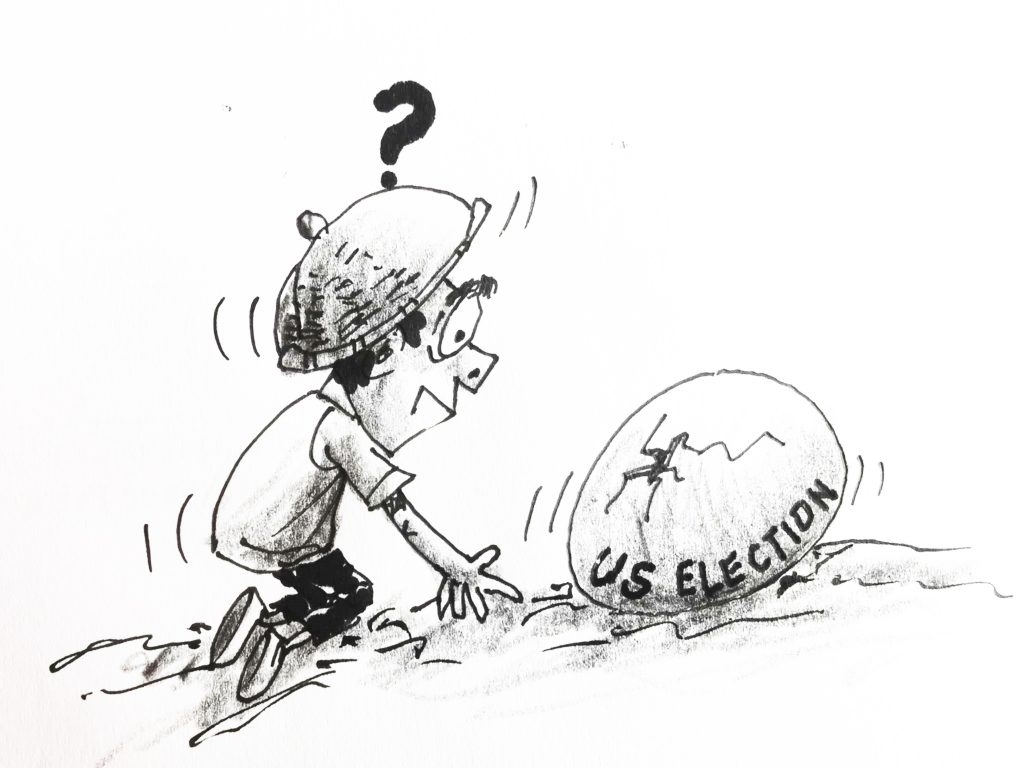As expected, the outcome of the U.S. presidential election holds significant implications for the Philippines, shaping economic aid, defense agreements, and diplomatic relationships. As allies, the Philippines and the U.S. share strategic interests, but their partnership requires mutual respect and genuine collaboration, which recent policies have often neglected.
Whoever wins, the president-elect’s stance on defense commitments and alliances will directly impact regional security in Southeast Asia, especially amid rising tensions in the South China Sea. With China’s territorial claims intensifying, the Philippines needs a steadfast ally to deter encroachment and uphold maritime laws. A U.S. administration willing to invest in military cooperation, training, and technology transfers would reinforce the Philippines’ position and regional stability.
Likewise, U.S. economic policy significantly influences the Filipino economy, particularly through trade, investment, and foreign aid. Changes in U.S. foreign aid, trade agreements, and policies on outsourcing directly affect Filipinos’ livelihoods, especially as the country relies heavily on remittances and trade. A U.S. government prioritizing fair trade and investment in Southeast Asia could help the Philippines address poverty, boost job creation, and strengthen its local industries.
The U.S. president’s stance on climate action is also critical for our country, one of the most climate-vulnerable nations globally. A leader who supports climate funding and sustainable development in developing countries can help mitigate the effects of natural disasters, protect vulnerable communities, and fund resilience-building programs in the Philippines. This assistance is vital, especially as climate change amplifies the frequency and severity of typhoons and other natural calamities.
Immigration policy in the U.S. remains a pressing issue, as millions of Filipinos live and work in the U.S., sending remittances that fuel the Philippine economy. A compassionate, inclusive immigration policy can provide stability for Filipino families abroad, allowing them to contribute effectively to both the U.S. and Philippine economies. Policies that recognize the contributions of Filipino immigrants would not only strengthen family ties but also benefit both countries’ labor markets and cultural ties.
Our country must strengthen its diplomatic channels and advocate for policies that serve mutual interests. Engaging actively with the U.S. on defense, economic cooperation, climate action, and immigration will be essential to ensure that any changes in the U.S. administration benefit the Philippines and uphold its sovereignty, economic stability, and resilience in the face of ongoing global challenges.




